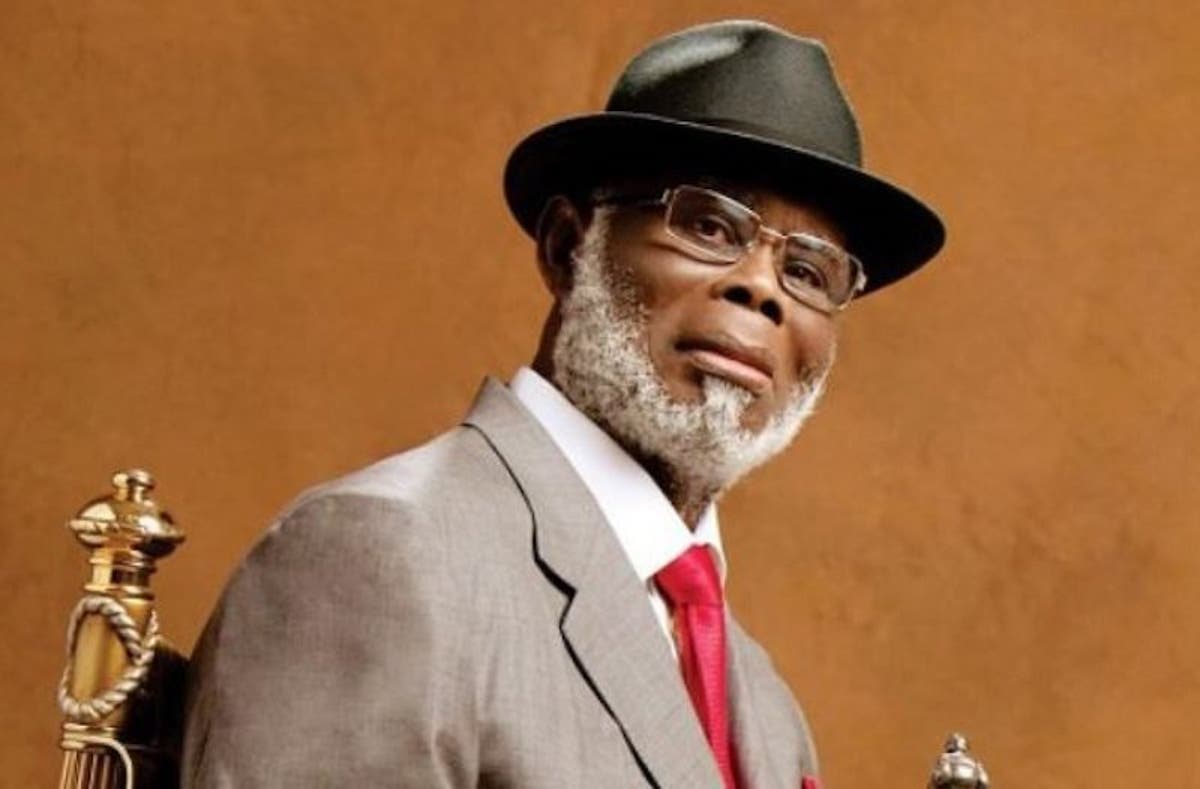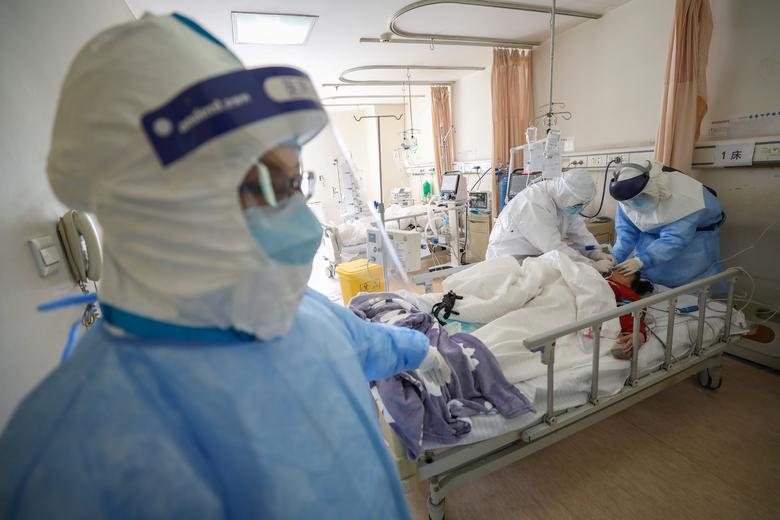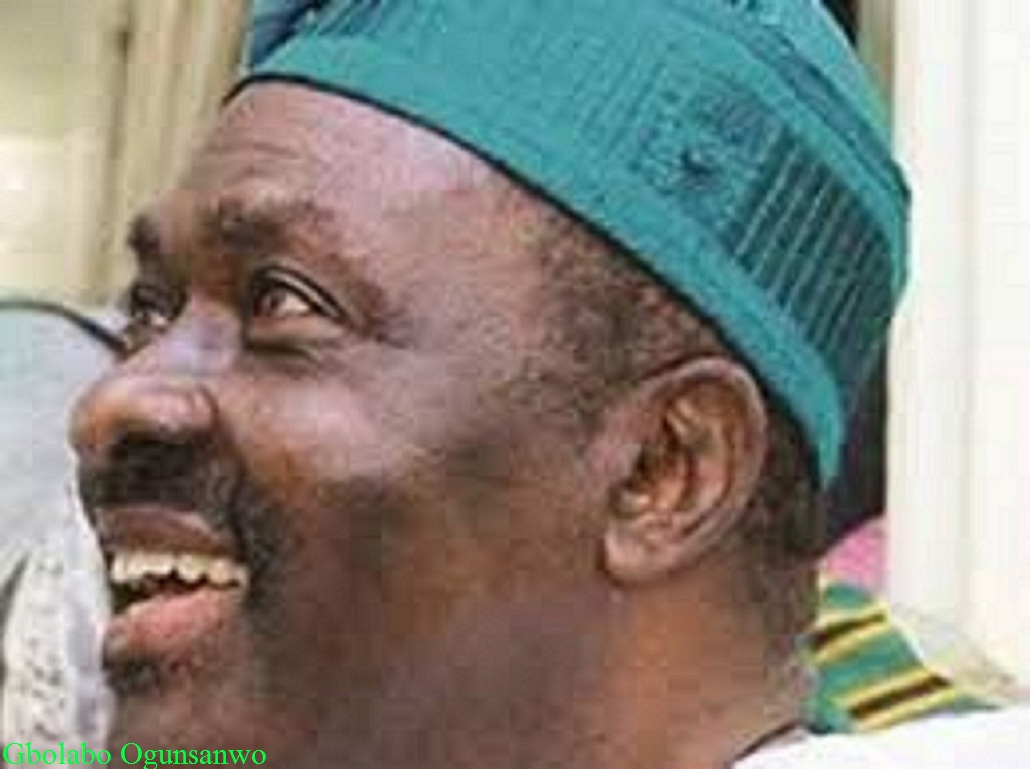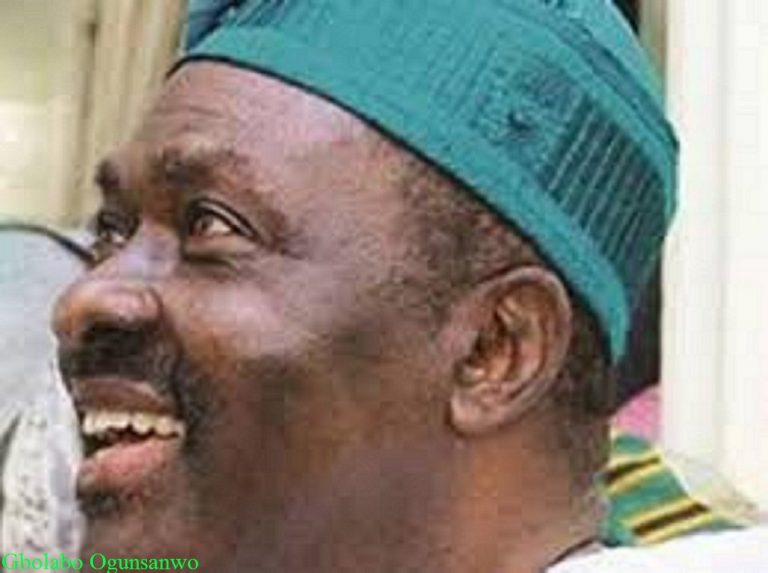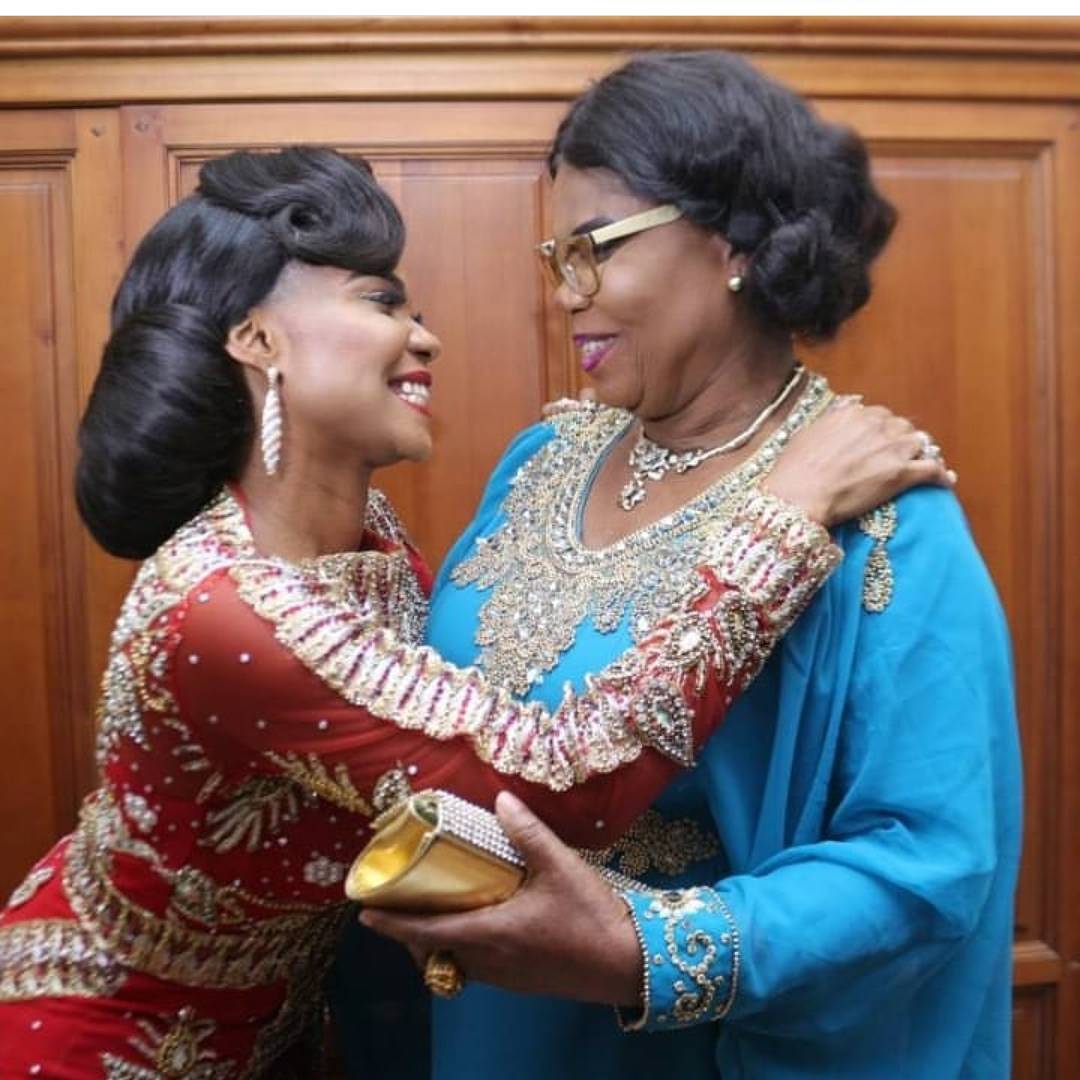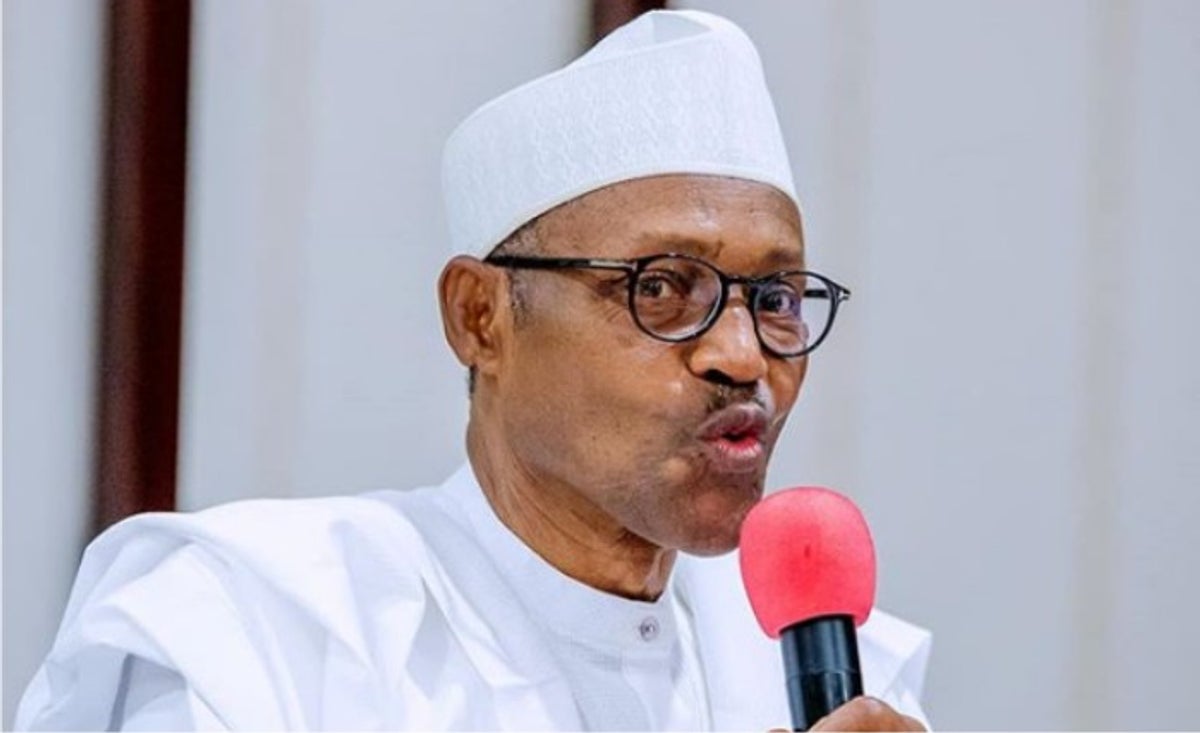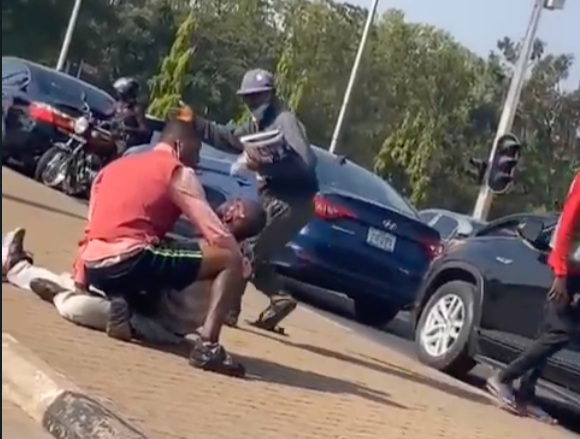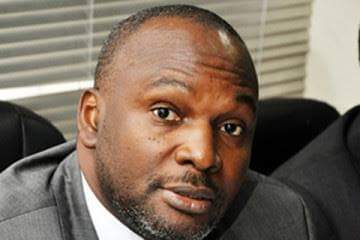By Abdu Rafiu
The sun set on the bright life of one of Nigeria’s foremost journalists. Death by its nature hardly gives anyone notice. In the age of technological wonders, in the era of permutation by doctors, predictions by stargazers after consultation with their crystal balls; in the age of artificial intelligence, death still manages to spring a surprise. This was the case as regards the departure of Gbolabo Ogunsanwo from our amidst. None of those who called me saw death lurking in his shadows. Those who saw him last said he looked radiant, bouncing and with assuredness to live. Was he ill? If he was, what was the nature of the illness and for how long? These are the accustomed questions that ring out when a person’s death is thought to be unexpected. The questions are also an expression of anguish by mourners. This goes to prove for the umpteen times that a definitive parting always comes with pains whether it concerns the old or the young, a baby or an adolescent. There is biting of lips and the gritting of teeth. It is a moment of reflection and sobriety!
Gbolabo Olumuyiwa Ogunsanwo was born on 28 June, 1945. The foundation for his future activities was laid early in his life. He seemed to have sensed that he had his path clearly mapped out for him. He exhibited traits of flair for writing very early. And the circumstances of his birth provided opportunities for the talent to grow and eventually flourish. Born into a family of school headmaster father and bookseller mother, he cultivated the habit of reading. After school hours, he joined his mother in the bookshop where he read books and newspapers. It was all an environment of reading and learning, what would appear to be preparation for his future engagements. The trait of his future activities first manifested when he was at Ijebu Ode Grammar when he was in upper sixth form. He took part in an essay competition and won, the prize of which was an electric school bell which the school used for several years from 1964 well into 1980s—to summon students for morning devotion, to announce break and closure of school hours, meal times for boarders as well as light out time in the dormitory. He had a twin brother in Olabode George, although his junior. While Ogunsanwo was noted for writing, Bode George was the school’s star inter-collegiate debater, winning prizes the announcement of which was always greeted with wild jubilation and shouts of BeeGee by students rending the air. The principal, the Rev. N.E.A. Ade Oshisanya, on each occasion not knowing what to do with himself out of a triumphal feeling and excitement would light up his face in sunshine smiles, pacing up and down the dais, going to nowhere in particular.
Upon leaving school in December, 1964, as if he desired to hone his budding writing skills, Gbolabo Ogunsanwo headed for the Daily Times in 1965. The publisher, Chief Oluwole who also doubled as circulation manager, led him to Henry Odukomaiya, the acting editor holding fort at the time for Alade Odunewu (Allah-De), who was away on pilgrimage to Saudi Arabia. Odukomaiya had no space for him in the Newsroom. He told him he could only send him to the library. His argument was that Gbolabo had had neither training nor experience in Journalism. As of the time, the company’s trainee programme Alhaji Jose planned for Higher School Certificate /Advanced Level certificate holders and university graduates whose discipline was not Mass communication had not taken off. Jose was an unrelenting frontline promoter of human capital development. Unknown to either Odukomaiya or Ogunsanwo himself it was a world of good that was being done to him; it was what he needed to deepen his love of reading and sharpen what was later to be his journalistic skills. The library was in the line of his upward trajectory to equip him properly for his goal. It provided him opportunity to bury himself in the library reading, and learning to make newspaper cuttings and keeping files, tools for any editor to get himself well informed and to do back grounding for his reports and commentaries. Newsroom is a school from where you do not graduate. In the Daily Times, the imperative of reading unceasingly was drilled into every reporter, correspondent and editor. He must read everything in print and listen to radio bulletins.
It was from the library Gbolabo Ogunsanwo left for the University of Lagos. The choice of the course of study represented an intense struggle for him. Reading Medicine to train as a physician for which he was admitted would satisfy the wish of his parents, but his own inclination was to study English. In Form Six, otherwise called HSC, he did science–Physics, Chemistry and Biology which he cleared in the exams to qualify him for admission to read Medicine. He persuaded the university to allow him change his course to English. The authorities demurred and told him to go and think it over. He was unrelenting, suggesting to the Vice-Chancellor that if in the second year he did not meet up, he should be sent packing. The university granted his request in the end with the proviso that if he fell below expectation he would not only be sent away, but would forfeit the admission he already had to read Medicine. He was fortunate it was not the era of JAMB; universities admitted their students and a prospective student could even defer his admission. The Vice-Chancellors performed their duties without the consciousness and fear that any alien authority was overlooking their shoulders! After Ogunsanwo had his desired discipline, he wasted no time in swinging into activity that was his first love—writing. Segun Osoba, editor of Lagos Weekend gave him space to run reports and write a weekly column on events at the university—on the serious and the mundane. He was succeeded by Dipo Ajayi who was in turn succeeded by Steve Omojafor. The Daily Times had what seemed to be an open door policy to provide any Timesman who might need a vacation job to augment his upkeep allowance or even school fees in the case of a self-sponsored student. The policy applied to a Timesman whether he was on company scholarship or he was self-sponsored. And many were actually sponsored to the university by the company. It was at this point that the company realised that there was hardly anyone with HSC/Advance Level certificate that would not want to go to the university. It then began to concentrate on the engagement of university graduates. Those who still could not proceed to the university, it had training programmes for them locally and at overseas to upgrade them. The company had a strong manpower development department in Lagos and a co-coordinating office for same in London.
What was driving Gbolabo Ogunsanwo that it could be said of him that he was obsessed with writing? He saw editors as modern-day prophets in the mould and mission of the prophets of old who were to warn and admonish, putting their society on the right track. On completion of his studies at UNILAG, he had no difficulty returning to the Daily Times, this time to the Editorial Department. While in the university, he seized the opportunity of the vacation jobs with both hands, doing investigative stories. His expose on racketeering at passport office in Lagos in 1970 hit the country with a thunderbolt. It was this knack for investigatory stories and controversies that he carried to the editorship of the Sunday Times. He had hardly returned from school when he was appointed editor of Spear Magazine in succession to Tony Momoh who went to head the Times Training School. While being editor of Spear, he wrote a weekly column for the Daily Times, the flagship of the stable under the editorship of Henry Odukomaiya. This was what brought him pointedly to the attention of Alhaji Jose, chairman/managing director who had taken notice of his skill and drive for investigative reports while he did vacation job with the company. It was thought correctly that the combination would be stupendous. He was an asset, and at 27 he became editor of the Sunday Times. That was 1972.
It was as editor of the Sunday Times that Gbolabo Ogunsanwo’s waves swept through the land and his star shone most brightly on Journalism crest. Alhaji Jose did say: “It took me some time, involving changes of editorship to find an editor who would produce the Sunday Times as I conceived it. That is, like the London Sunday Times—beefy with in-depth feature articles; spicy with entertainment; biting with investigative reports, informative with news, and compelling with power-packed editorials, ability to produce the paper on schedule for sale. Only three editors achieved that standard—Alade Odunewu, Sam Amuka and Gbolabo Ogunsanwo.” As Gbolabo himself once said, he had his twin brother in Harold Evans, editor of London Sunday Times, but from a different mother! Evans, author of Good Times, Bad Times, and Gbolabo Ogunsanwo shared the same style, had the same drive. They were daring, unsparing and severe. Evans, himself once voted as the greatest editor of all time, passed away last September, aged 92.
The high tide of Ogunsanwo’s career was the Joseph Tarka-Godwin Daboh affair; Governor Joseph Gomwalk versus Aper Aku; the choking cement importation scandal captioned Cement Armada; Kuku-TOS Benson tango and “Igbobi Hospital—The Shame of A Nation.” The Sunday Times pressed unrelentingly that Tarka the Minister (Commissioner) of Communications must quit after Daboh made incontrovertible and convincing allegations of corruption against him. The Kuku-Benson affair was about the unwillingness of the police to investigate the killing of Chief Bayo Kuku’s son knocked down by a bus belonging to the Benson family. The Sunday Times crusade led to the setting up of a Corona Inquest.
Ogunsanwo raised the paper to a steep weekly circulation figure of 370, 000 from about 165,000, and more steeply still to peak at 532, 916 copies as of February 1976. It was the highest circulation figure and reach in the annals of newspapering in Nigeria.
The government could not afford to ignore the Sunday Times reports. On Igbobi Hospital, for example, the paper reported in part: “What will sicken you is the filth. The hospital is filthy, really filthy—right inside out—from the gate to the ward. Then there is the question of overcrowding. Originally, each ward was meant to take about 30 patients. Now, each takes 100 patients—some inside the wards, others outside, others on stretchers and yet others on the floor. Every ward leaks. The lavatories are not flushed for days. So patients have to endure the stench. This has been the situation for the past four years. There is talk that the hospital lacks modern equipment to treat patients. The plaster machine has been damaged since1971. Everybody knows but nobody does anything”.
The government promptly reacted and it was reported as follows:”The Lagos State Government has voted to spend a total of N400, 000 on the improvement of services at the Orthopaedic Hospital, Igbobi. From this sum the government proposes to build new wards with amenity facilities as well as modernize the existing the wards. The physiotherapy department, the swimming pool, the limbs-fitting workshop and the blood bank are to be improved.” This was in March 1973.
An innovative editor, Ogunsanwo introduced many fresh ideas into his paper to raise its tone and broaden its editorial as well as market appeal. Josy Ajiboye, an in house artist, had to produce his cartoon every Sunday, for example. Felix Adenaike wrote from London. Tola Adeniyi, the Ombudsman wrote Aba Saheed, and ran foreign commentaries from time to time. There was Eddie Omotoso’s Inside America. There was short story competition he featured for readers of the Sunday Times. Alhaji Jose made him a moderator of the company’s think-tank in which non-Timesmen participated actively. Ogunsanwo was widely travelled. He was in South Africa; he was in China; he was in the then Rhodesia and Uganda where he met never-to-be forgotten General Idi Amin. He interviewed South African Prime Minister John Vorster at the time the country was under the yoke of apartheid. He met President Kenneth Kaunda of Zambia and was warmly received by the Prime Minister of Rhodesia, Ian Smith. Altogether he visited 15 countries. He published reports of his tours. These raised the prestige of the Sunday Times to a new high. At home, the newspaper interviewed prominent people among them, Chief Henry Fajemirokun, the industrialist and business mogul who told the paper’s correspondent:”I am capitalist and I make no bones about it.” And his philosophy of life was “to make money, money, more and more money.”
The internal crisis that engulfed the company in the second half of 1975 brought Gbolabo Ogunsanwo’s enviable incandescent career to an abrupt closure. All said, painful and regrettable as the experience was, it did not eclipse his greatness, a legend for all times. He was a joy, a delight and pride of Journalism profession. As Ogunsanwo found his fulfillment in muckraking reports, so could it be observed of him that he was in his elements writing his weekly column, Life with Gbolabo Ogunsanwo. He loved his job with passion. He assembled powerful and informed columnists who made the newspaper a compelling read. They were Dr. Haroun Adamu, the political editor of Daily Times of The Struggle Continues fame; Dr. Olu Onagoruwa, the company’s legal adviser who wrote on legal issues under the logo, Legal Angle.
Ogunsanwo in his column roamed far and wide, discussing foreign issues with such authority he often brought to bear on Nigerian affairs. He was a celebrated columnist with a huge following. Readers waited with baited breath for his column. He was fearless; he was fierce; he was severe, yet full of wit and humour. He was impressionistic in his writings, masterly weaving words and sentences, painting pictures and employing imageries. He deprecated cant and humbug. He was unsparing of carelessness and negligence in government.
A taste of his pudding: “HOLD IT DOCS”: “I see that for the umpteenth time in the last 18 months the junior doctors are once again at their usual strike game or so that the police do not come and get them—they are on a work-to-rule action.
“And quite rightly, the country’s newspapers, which had through giving banner headlines in the past to such showdowns fuelled the doctors’ over-exaggerated sense of self-importance, chose largely to ignore the present demonstration of medical infantilism.
“The doctors may have a good case, the doctors may have a bad case but I think I for one am just about tired of reading that they have once more downed tools, have proceeded on strike or are on work-to-rule.
“Because of the unique specialty of their profession, because the consequences of any strike or work to rule action on their part could sometimes be devastatingly irreversible, one would have thought that they would use their power soberly, discreetly.
“But what do we have? Anytime anybody says a wrong word to any doctor in this place, we’ve all had it. Before you can say –‘sorry doc’ the doctors would have surrendered their stethoscopes and marched off their jobs and whichever patient comes in then has only to trust in his stars.”
Gbolabo Ogunsanwo saw his mission as putting the country on course. He put all his being into this. The Presidency, Senators and Reps can relax, they can go on bungling, exposing Nigerians to unprecedented insecurity, Gbolabo Ogunsanwo is no longer in sight. He has been off the radar for a long while. Now, alas, he is no more! He departed for the other side of the “Divide” last Friday, 27 November, 2020.
